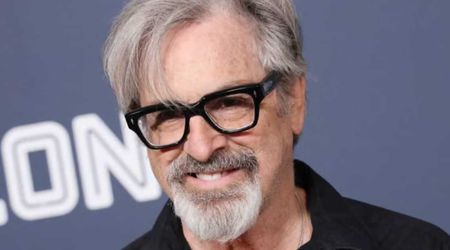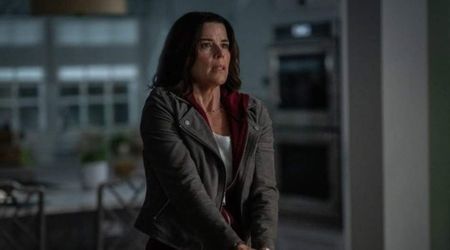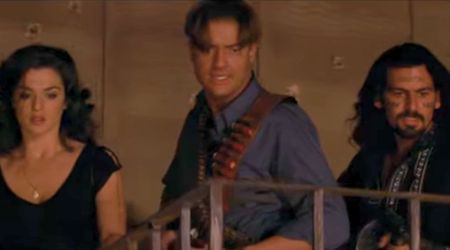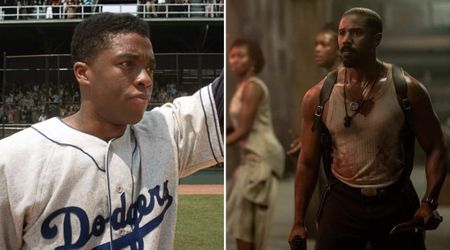'Kiss the Ground': Here's what Ian Somerhalder-backed documentary gets wrong about fight against climate change

If there is one thing that is evident in 2020, it is that climate change is one of the biggest threats that humanity has faced and that if we do not address it, we are most likely headed to an apocalyptic scenario — one that is worse than what we are already seeing this year with a 1 degree Celsius warmth through raging wildfires, intense back-to-back hurricanes, droughts, and of course, diseases. Certainly, more of us seem to be waking up to this reality and it is possible that 2020 has seen more climate change-related documentaries than ever before.
The latest documentary to hit Netflix is 'Kiss the Ground' which includes some impressive names in its roster, including Ian Somerhalder, Patricia Arquette and Jason Mraz. While the conversation on climate change usually revolves around fossil fuels, 'Kiss the Ground' takes a different route and focuses on modern farming practices that are, in fact, harmful to soil, the planet, and our underground water. Practices such as soil tilling and the use of pesticides do more harm than good and 'Kiss the Ground' advocates the use of regenerative farming to help save the planet, and in the process, help the farming community improve upon their profits.
However, there are a few things about the Ian Somerhalder and Gisele Bündchen-backed documentary that do not sit quite right with us. It is often difficult to get the conversation around climate change started but when it does, like most other fields, these conversations can cut out other aspects that are perhaps not as popular, or perhaps, combative with the lifestyles of the powerful. Here are some of the things that we felt the documentary got wrong.
Minimizing importance of fight against fossil fuels
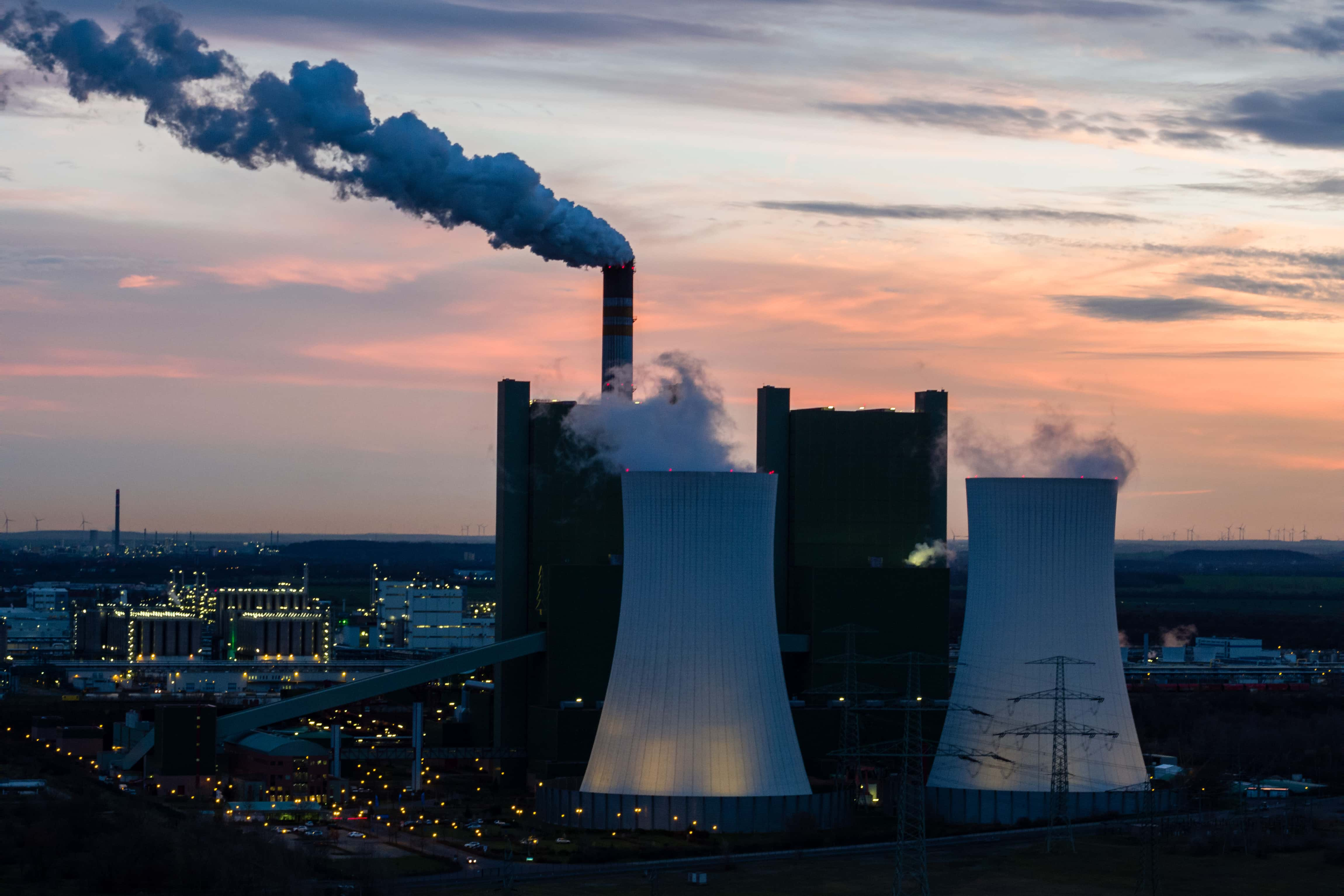
In 'Kiss the Ground', regenerative farming and improving soil health are sometimes presented as the "one thing" that can help save the planet, as Woody Harrelson narrates. The truth, however, is that there is no "one thing" that can save the planet. Fighting against climate change and restoring the Earth to its best natural state is a many-pronged venture. Yes, regenerative farming is important, but so is fighting against the rampant fossil fuel industry and rapid urbanization. While studies have shown that grassland can, in fact, sequester vast amounts of carbon dioxide from the air, many solutions need to be implemented together to truly see the effects.
There is no point in sucking in all the carbon dioxide if we are just going to emit more. Even Project Drawdown — the brainchild of Paul Hawken mentioned in the documentary — promoted that the single best solution was to manage our refrigerants (chlorofluorocarbons and hydrochlorofluorocarbons). In one part of the documentary, it is said that it is not about "religion or politics", but that it is about love. In fact, the documentary itself showed that it is very much about politics when it spoke about the COP21 conference held in Paris in 2015. Additionally, it is also about the finance sector — a driving force in the economic decisions that we make.
Where are the people of color?
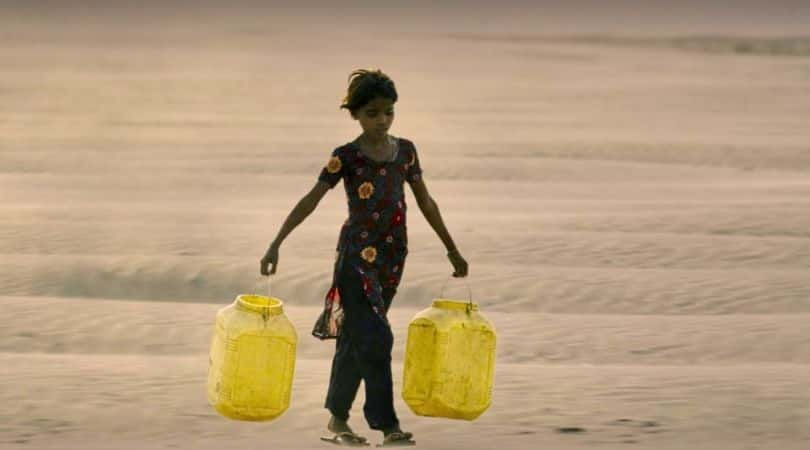
To be fair, 'Kiss the Ground' does have people of color. Only two of them are prominently featured: Pashon Murray, a pioneer of waste management in Detroit and John D Liu, a Chinese American film-maker and ecologist. Even so, Murray appears for a shorter period of time than Somerhalder, who had traveled to Zimbabwe in 2018 to visit Allan Savory's holistic grassland. Again, given that Somerhalder visited Africa, one would think we would see a smattering of Black people, but throughout the footage of Somerhalder's visit, we just see the White people.
When people of color are prominently shown it is in a fashion that has been characterized as "poverty porn" or in this case, as "refugee porn". 'Kiss the Ground' emphasizes that if we do not fight against climate change, many people from the most vulnerable parts of the world will end up becoming refugees. While this scenario is more likely in the poorest of countries, it is disheartening to see the documentary use the images of poor people of color to push forward their message, including of many refugees huddled together in a boat.
The documentary does very little to include experts of color but they are there. For instance, there is Indian ecologist Vandana Shiva, whose book, 'Soil Not Oil' advocates for regenerative farming, and also emphasizes social justice. Here's the thing. If the fight against climate change has to be truly effective, it has to be an intersectional one. Many of the regenerative farming and composting practices were already being used by indigenous cultures around the world — a fact that the documentary conveniently forgets to mention as the many white experts speak about them. Yes, while what these experts are doing is important, this whitewashing is an abhorrent way given that climate change affects indigenous people much more.
Less focus on Rosario Dawson's cause

This is, admittedly, a bit silly but at the end of the documentary, after the credits start rolling, actress Rosario Dawson appears as she questions passers-by on what they know about carbon dioxide and what they are doing to help save the planet. In fact, Dawson is much more versed in the climate change fight than the movie reduced her to. Dawson is a staunch advocate of climate justice — the principles of the fight against climate change that advocates for all communities to be included.
'Kiss the Ground' is now streaming on Netflix.


